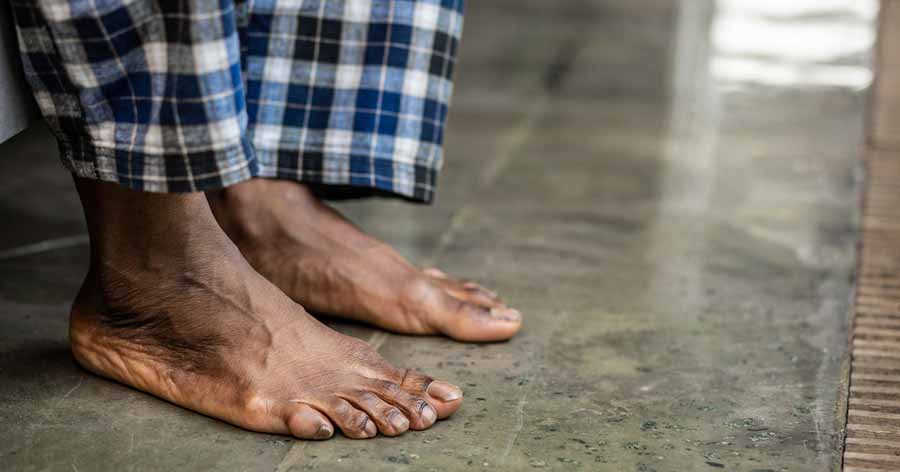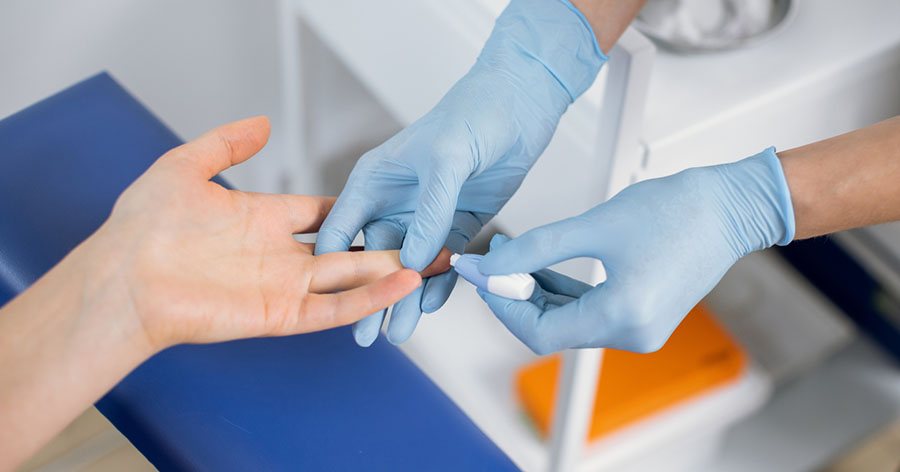There is an urgent need to educate south Asian people about the risk and symptoms of diabetes because they are up to six times more likely to develop the condition than white Europeans. The South Asian Health Foundation (SAHF) has lobbied the House of Lords, urging funding be provided for prevention and for local authorities to consider providing culturally and linguistically sensitive education sessions in high-risk South Asian communities to tackle the growing health threat posed by diabetes.
The need to educate south Asian communities was highlighted earlier this year when the SAHF conducted a series of community education sessions. Over 800 people attended these sessions and the SAHF found that many were unknowingly at high risk of developing type 2 diabetes.
“Given the very high prevalence of type 2 diabetes among the south Asian community, any steps taken to improve awareness of risk factors and symptoms is vitally important,” said Dr Kiran Patel, Chair of Trustees, SAHF, and Consultant Cardiologist and Honorary Senior Lecturer in Birmingham. “The earlier type 2 diabetes is diagnosed, the better the chance of managing it effectively and reducing the risk of serious complications,” he added. “The SAHF has demonstrated the importance of education in raising awareness in this high risk group.”
The SAHF is calling for ongoing funding to be provided for NHS Health Checks and for local authorities to replicate the South Asian Community Health Education and Empowerment (SACHE) diabetes courses.
SACHE courses were run in temples, mosques, gurdwaras and community centres across major South Asian communities in the UK, including Birmingham, Bradford and Glasgow. Sessions were delivered in a bilingual format by locally trusted healthcare professionals and tailored to the different cultural needs of the South Asian community. During these sessions, attendees were also offered simple health checks, such as blood pressure and BMI checks, to measure their risk of developing the condition.
“The courses were very successful in attracting and improving the understanding of south Asian people about the risk factors for diabetes as they were tailored to the language and cultural needs of each community, whether Muslim, Hindu or Sikh, and had the support of community leaders,” said Dr Wasim Hanif, Chair Diabetes Working Group SAHF and Consultant Physician and Honorary Senior Lecturer in Diabetes and Endocrinology at University Hospital Birmingham. “Importantly, we now have a tried and tested format including health checks and ready-made educational materials that we believe could help local authorities across the UK make a big difference to the health of their communities.
“This collaborative and partnership based approach involving SAHF and local communities has been a clear success in terms of raising the awareness of diabetes and encouraging improved prevention and management in this high risk group and we hope it will be continued throughout the UK,” he added.





